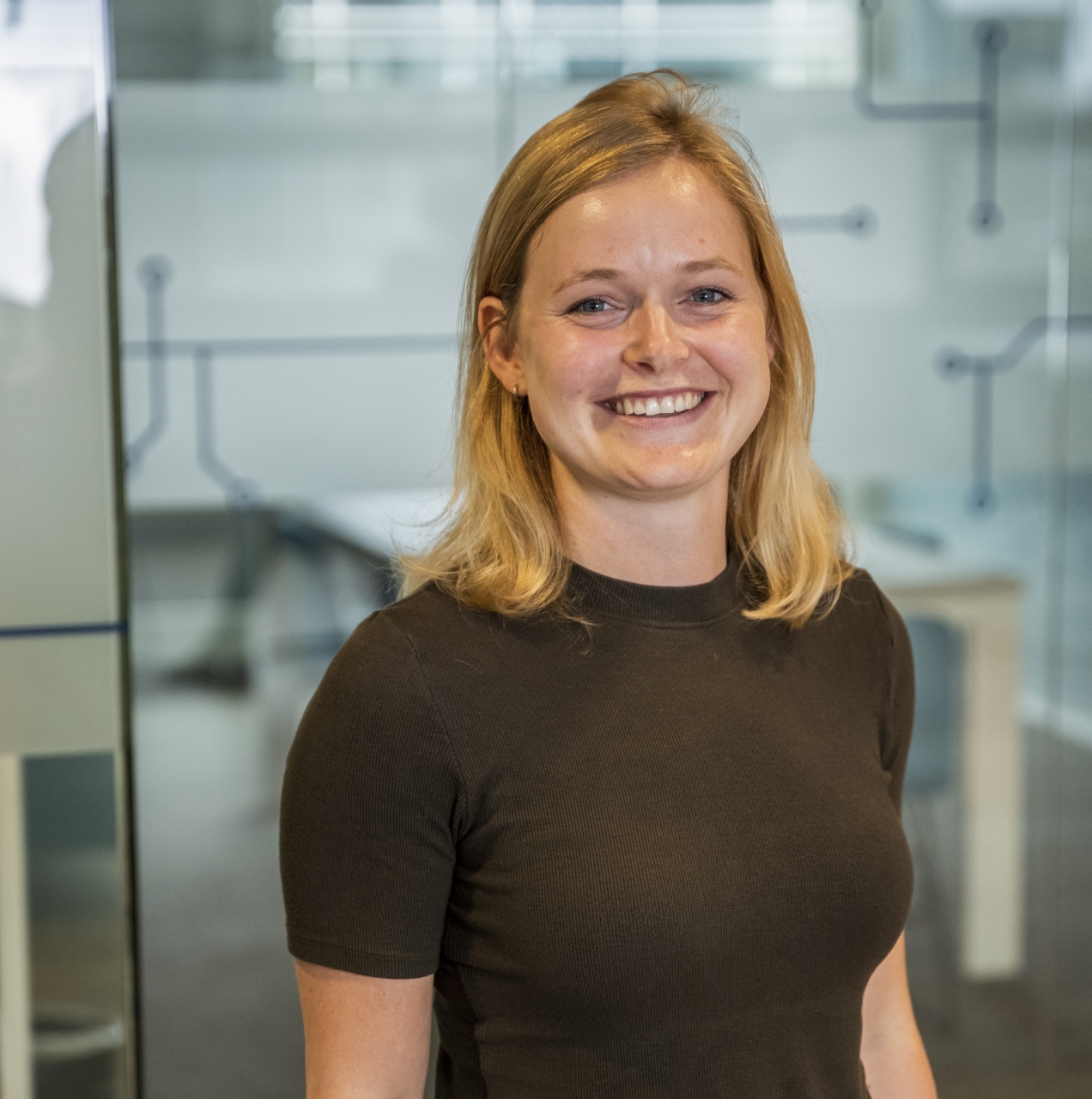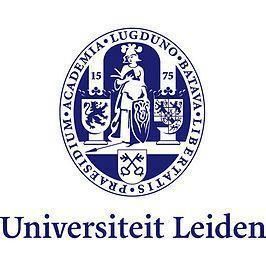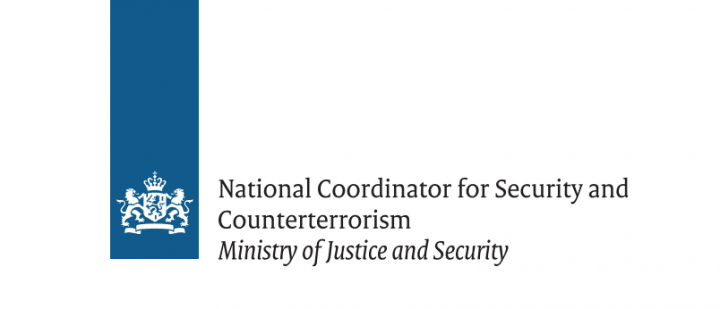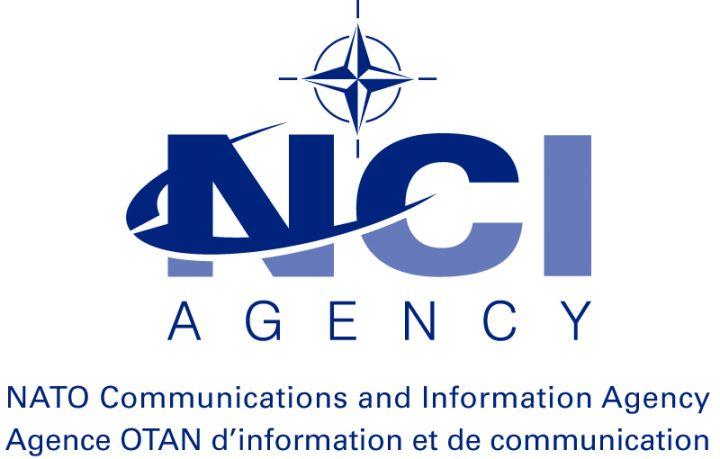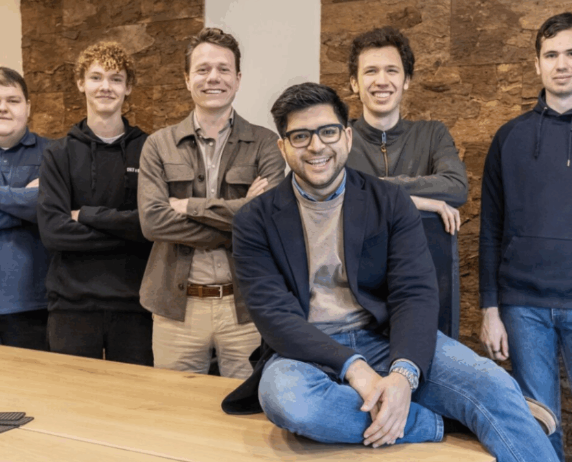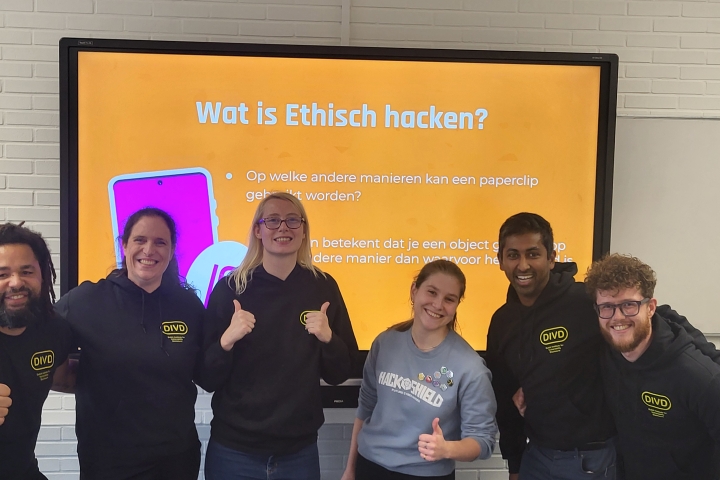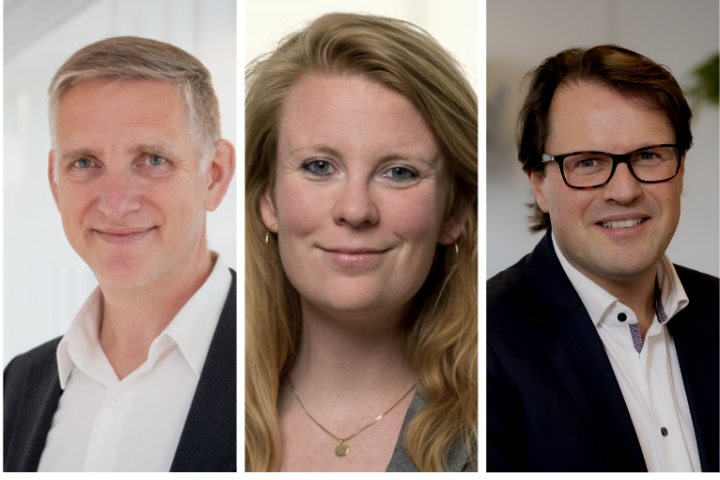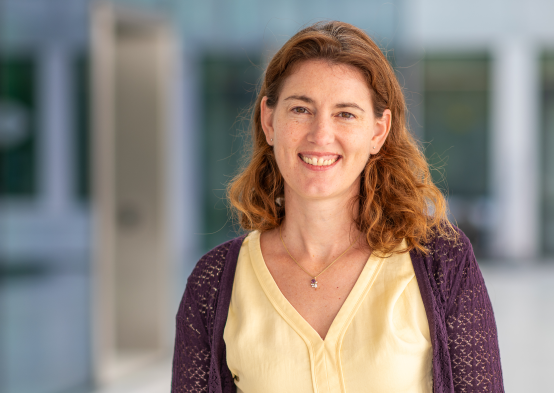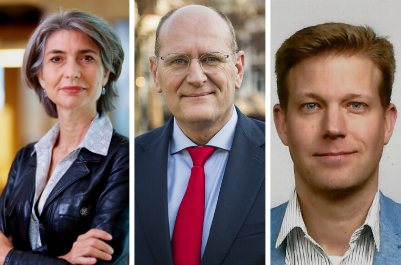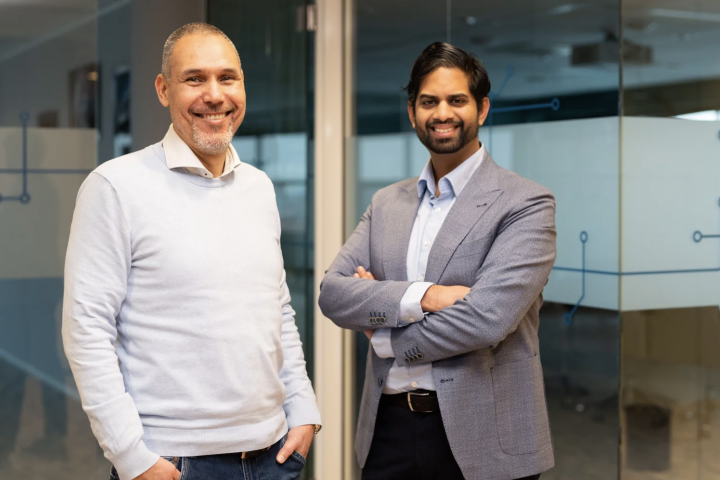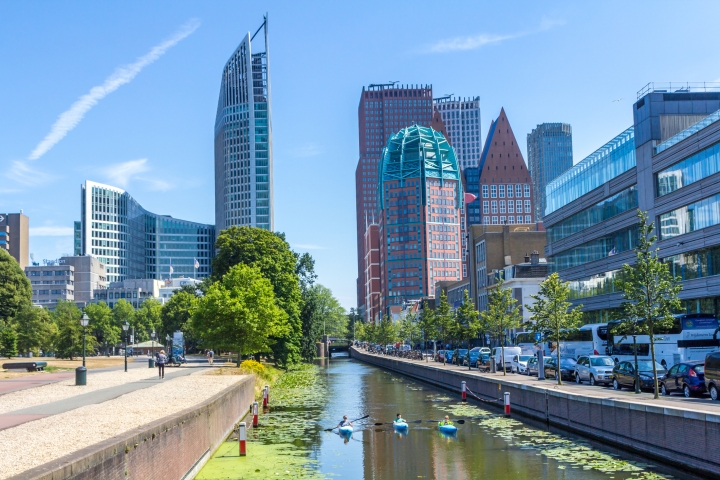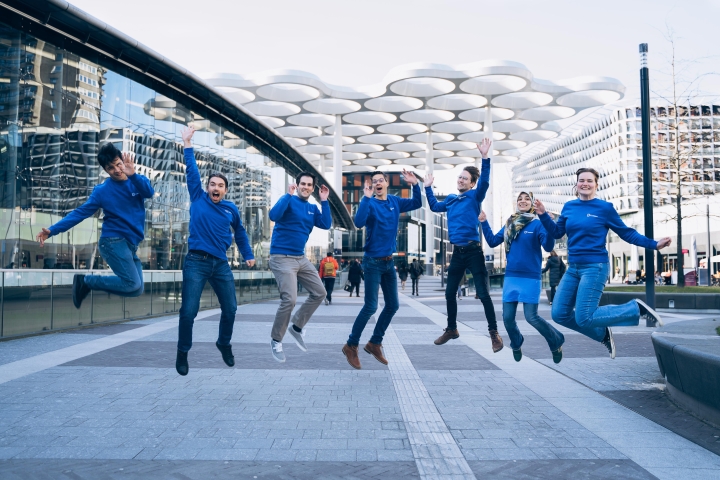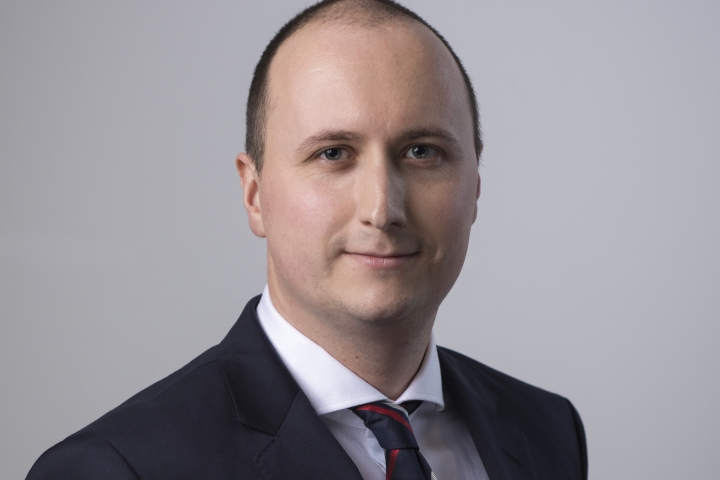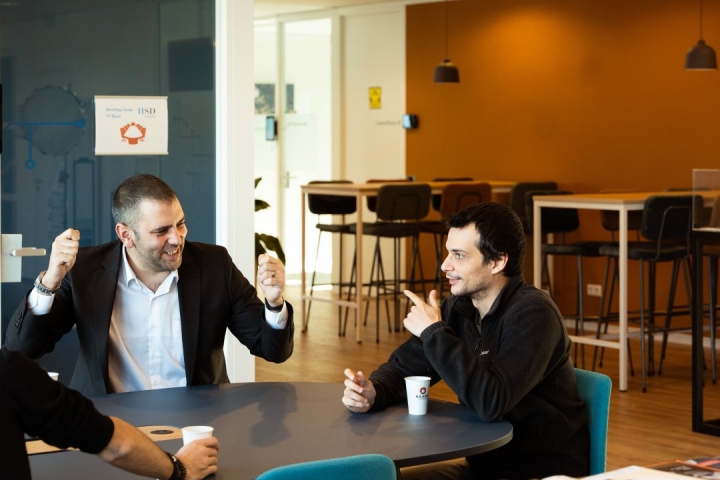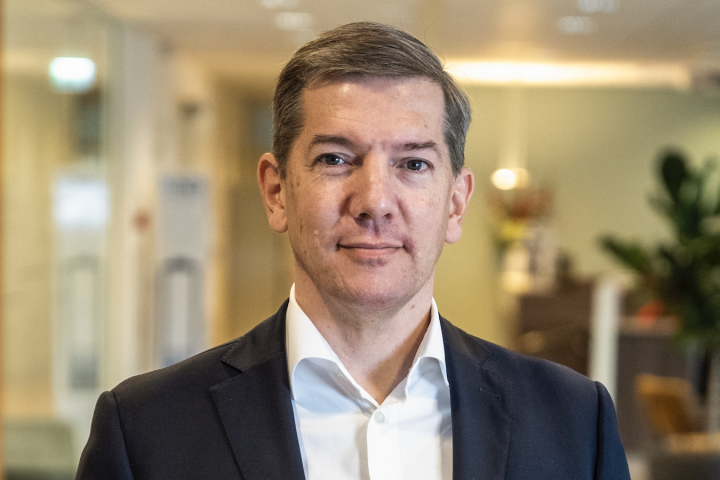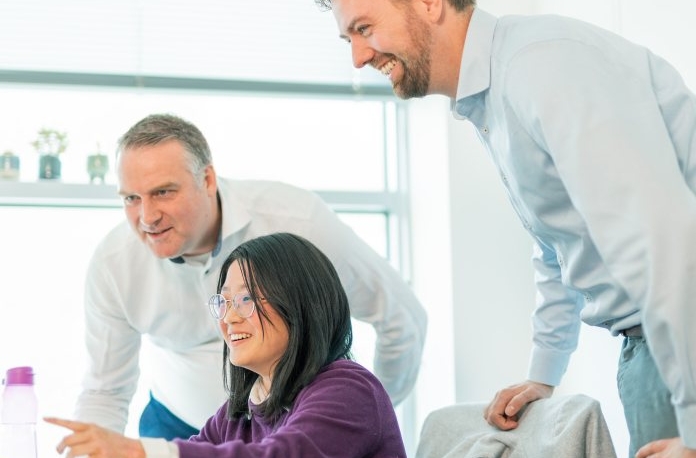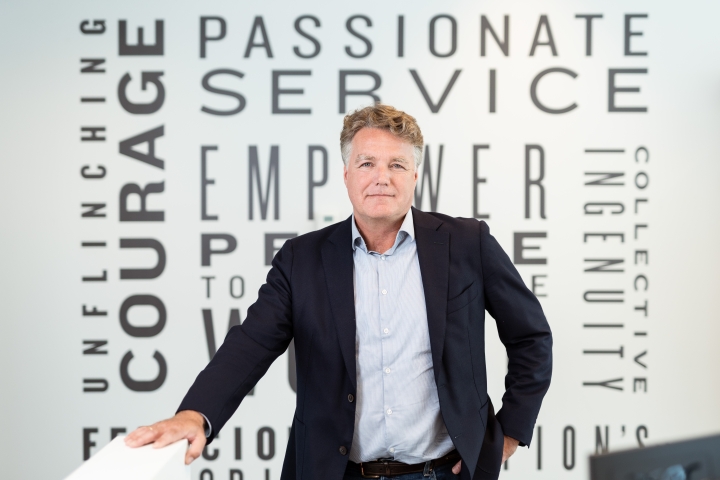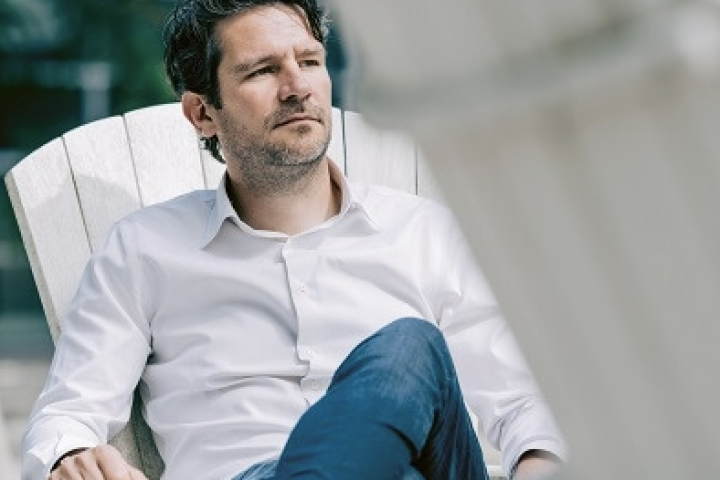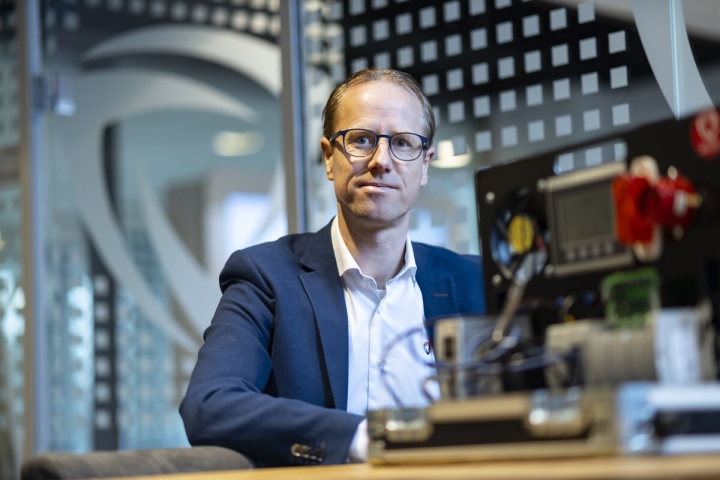International Cyber Security Summer School - "There’s No Other Place to Get Such a Complete Picture of Cyber"
On 21 August, the annual International Cyber Security Summer School (ICSSS) kicked off. During this week-long programme young professionals get the opportunity to broaden their knowledge in the field of cyber security through challenges, workshops, and lectures provided by high level cyber security experts. After a virtual-only in 2021, and a cancelled summer school in 2020 due to Corona, the organisation is looking forward to meeting students and experts in real life once again. To get to know more about the 7th edition, we spoke to Marlou Snelders who is responsible for the organisation of the ICSSS.
The International Cyber Security Summer School is an interdisciplinary summer school aimed at cybersecurity. “What sets this programme apart is that we’re trying to bring together a multidisciplinary group of students with a technical, policy, legal and/or social background and provide them with an opportunity to let them learn from one another and gain insight in eachothers fields”, Snelders says. Another important part is the lectures and challenges that will be taking place during the ICSSS, where participants will be brought up to speed by the involved partners on the latest trends on all things cyber.
A varied programme
HSD has been organizing the ICSSS alongside Europol, Leiden University and the NATO Communications and Information Agency (NCIA) since 2015. The initial goal was to cultivate talent within the cybersecurity field, and to bridge the gap between those with technical skills and those with less technical knowledge, however, working in the field of cyber. “As HSD we take care of most organisation, such as the back-office, registrations, promotion, as well as the programme”, Snelders told us, and all involved partners and organisations have an important part to play, by giving lectures and supervising the challenges.
“Variation in the programme is especially important, to ensure that there’s enough challenge for all participants, regardless of area of expertise. ‘Cyber’ is a wide term, so for example we’ve invited the NCTV (Nationaal Coördinator Terrorismebestrijding en Veiligheid)
to tell us about the national cyber strategy and situation in the Netherlands, but there are also startups explaining what it means to start your own business in cybersecurity and a company explaining the role of emerging technologies such as Artificial Intelligence in the field of cyber.” The result is a programme that is aimed mostly at master students, PhD students and young professionals. “But there’s plenty of room for those that had a career in a different field and are looking to make the switch to cyber”, Snelders assures us.
“The importance of a diverse summer school in all aspects”
Special attention was paid to making sure the group of students was as diverse as possible as we believe that diverse perspectives are extremely valuable in the field of cybersecurity due to the variety of threats, says Snelders. “Therefore, we would like encourage people of all backgrounds to become more active in this field, regardless of gender (identity), race, cultural background, or sexual orientation.
The field of cybersecurity is often experienced as a male-dominated field. Therefore including inspiring female experts, fortunately a strong and growing group, is essential to create more varied role models for the students”. Other aspects we focus on when it comes to diversity is nationality as well as area of expertise. This year’s group consists of around 64 students of over 18 different nationalities. The same goes for the contributing partners. We want to hear from people that are tuned into the geopolitical level, as well as those active on an operational level.”
This diversity is reflected in the participating organisations. It’s a long list of partners that are contributing by organizing a lecture, challenge or holding a keynote. Among them are the NCIA, Europol, Leiden University, Deloitte, Accenture, de Nederlandsche Bank, Booz Allen Hamilton, SecuredNow, EclecticIQ, Secura, Darktrace, Connect2Trust, CFLW, KPN Security, Signpost Six, Chapter8 and HSD itself. “Some organisations are aligned in a smaller role, such as NCTV which is giving a keynote speech. All these organisations have their specific expertise as well which sets them apart, such as Darktrace which is specialised in AI, or Signpost Six focusing on insider risk which is one of a kind within our network”, tells Snelders.
ICSSS through the years
As mentioned, the ICSSS has been around since 2015. Snelders has been involved since 2019, when she first participated in the school herself. Since then, a lot has changed, she says. “The level required of the students has increased over the years. Partly this is because the field of cybersecurity has matured as well. We’re also seeing that diversity is increasing, more diverse backgrounds and nationalities within the group, as well in the partners that are involved. It’s very important to me personally that the students can find role models as an example of what they can achieve themselves.”
It is not without reason that a lot of participants of the ICSSS end up working in or with a partnered organisation.”
When it comes to ICSSS’ future, she’s not certain on what she would change yet. Expanding the school to more students might cause the programme to lose its intimate nature, which would be detrimental. “The bond that you develop as students, and the resulting network is very important”, Snelders explains. “To this day I still have a group of about 60 people in my network that I can reach out to when needed. The close-knit nature of the ICSSS isn’t just useful to befriend fellow students, but also to get in touch with organisations active in the cybersecurity field. It is not without reason that a lot of participants of the ICSSS end up working in or with a partnered organisation.”
As far as other improvements, Snelders considers some changes within the programme. “I think one thing I might consider changing is adding even more hands-on workshops. Currently there are a lot of lectures, but I think having a few more activities where students are actively involved might be helpful in retaining knowledge. Overall, I’m very happy with the place the ICSSS is in right now! There’s no other place to get such a complete picture of cyber and the possibilities within the field, while building a network for the future, regardless of your expertise or ambitions.”
For more information visit the ICSSS website.


